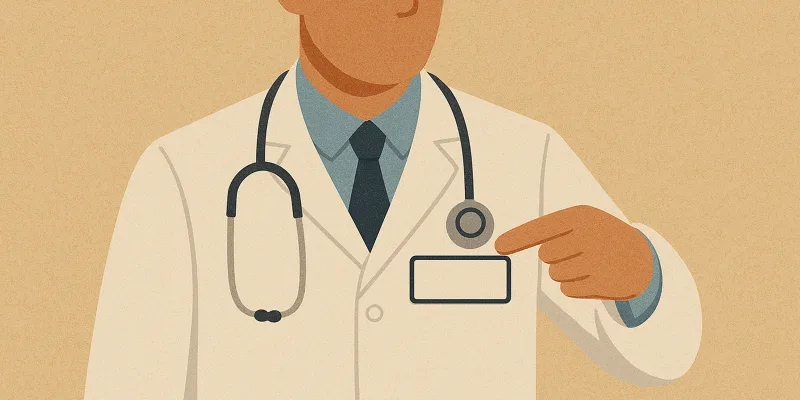I have been in the medical field for a little over 30 years now. That longevity has given me some perspective about our medical system in the U.S. Providing care to patients in need is extremely rewarding (most of the time), and the level of satisfaction from a good outcome is often immeasurable. However, that is not the metric by which we are judged, and the actual delivery of care is really a small part of what our health care industry does.
The reality is that we are beholden to for-profit insurance companies, medical supply companies, and pharmaceutical companies, who dictate their terms of payment with little consideration for the consequences.
As a surgeon, I am “encouraged” to discharge patients as early as possible after their operations, to use cheaper equipment and hopefully less of it, and in general to do more with less. All of this so that hospital systems can maintain their razor-thin margins in the black (and most don't).
Let's look at one issue in particular: the early discharge measured by length of stay (LOS). During the timespan of my career, many care before, during, and after surgery have advanced and greatly improved the way we do surgery. Almost all these advancements have been under the guise of improved outcomes, but it is mostly to decrease LOS. People still aren't dying in the OR (thankfully, a rare event in modern times), complication rates aren't drastically lower, and “new” operations aren't being invented. Certainly, we are using new (and sometimes better) technology to do the operations, but often that leads to increased costs for the hospital systems. Since health insurance companies aren't interested in paying more for the care provided and the patient can't or isn't responsible for paying it, the increased cost must be absorbed somewhere else. Hence, the focus is on getting patients out of the hospital earlier. Most people don't realize that although hospitals may charge daily rates like a hotel, the number of days a patient spends in the hospital has little to no bearing on what the hospital will actually be paid for the care given. It therefore costs the hospital to keep a patient longer (nursing care, pharmacy charges, inability to use the bed for another patient), so they push for shorter LOS. Hence, the worship of a false god: the decreased LOS.
Another little secret most people don't realize is that surgery hurts, sometimes a lot. The trauma inflicted by operating on someone can be significant, and disruption of body systems not related to the surgery is common. Putting it simply, most people feel miserable after having a major abdominal operation (what I do). Most experience what we call a honeymoon period immediately following the surgery, where all is well; pain blocks haven't worn off, movement is kept to a minimum, and not much is expected of the patient. For some people (just like marriage), that honeymoon never goes away! However, for most, it is followed by the misery phase, which persists for a short time in some and longer in others. It is unpredictable. It is this phase where I believe we are failing our patients. Instead of actually caring for them, we focus on achieving metrics (like passing gas, eating solid food, urinating, ambulating, etc.) so that the patient can meet “criteria for discharge.”
Now, don't get me wrong, if a patient is able and ready to go home, we shouldn't keep them in the hospital any longer than required. I understand the staffing shortages (that's another op-ed for sure) and cost issues, but the goal should be good patient-specific care, not early discharge. We send people home who are incapable of caring for themselves, often expecting their family to disrupt their own lives to do so. We feel good about filling out family medical leave papers, realizing that the time off from work by family members is unfunded. They often can't really afford the time off. We make patients suffer at home while feeling good about calling them a couple of days later to “check in.”
I certainly don't have all the answers, and medical care itself is complicated, and the financing of medical care is even more complex and inconsistent. We can all agree that the system isn't ideal, but let's not forget we all want excellent, compassionate, and timely care when we need it. Let's stop worshipping the false god of LOS so insurance companies can maintain their profit margins. Make care affordable for hospitals to provide. After all, providing care to those in need is what called us to the medical field.
What is your experience with LOS and patient care? Share in the comments!
Dr. James Celebrezze is a practicing colon & rectal surgeon at UPMC in Pittsburgh, PA. He serves as an Associate Professor of Surgery and has a practice focus on rectal cancer, colon cancer and minimally invasive surgery including robotic surgery.
Image by Jonathan Evans / Getty Images







